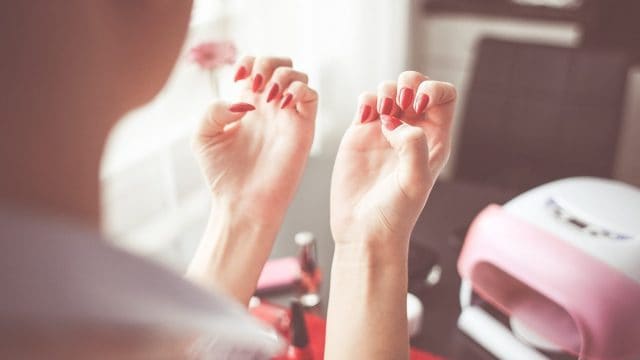With the news that two people were recently arrested in the UK for trafficking Vietnamese girls to work in a nail salon, many are wondering: do these nail bars’ cheap prices mean workers are exploited?
Writing in The Guardian, Kate Garbers, the managing director of anti-slavery organization Unseen, argues that consumers need to understand the implications of going to nail bars as opposed to salons:
Budget nail bars have taken our high streets by storm. Cheaper than traditional beauty salons, with no appointment required, they appeal to our insatiable desire for a bargain, need for instant gratification and the modern necessity to feel good about ourselves. And we want all of this without interacting with the person behind the mask providing our treatment.
Regulation and licensing of nail bars is largely voluntary and, outside of a few London boroughs, this lack of regulation allows exploitative practices to continue. It is suggested that in some budget and discount nail bars no background or training checks of the technicians are conducted.
Additionally, some nail bars use chemicals which, while not illegal in the UK, are not considered best practice. Warnings of allergic reactions and permanent damage to nails are concerning – and that is before we consider the potential issues of slavery, trafficking and exploitation among the workforce delivering the treatments.
Garbers regularly visits nail bars as part of an Anti-Slavery Partnership that brings together law enforcement, statutory agencies, and non-profits in an effort to investigate businesses that may be subjecting workers to forced labor or other forms of exploitation. One of the main goals is to ensure that those working there understand their rights and who to contact if they need help.
Ultimately, Garber says consumers are likely better off going to legitimate salons, even if the price is slightly higher, in an effort to support businesses that try to do things the right way.







Freedom United is interested in hearing from our community and welcomes relevant, informed comments, advice, and insights that advance the conversation around our campaigns and advocacy. We value inclusivity and respect within our community. To be approved, your comments should be civil.